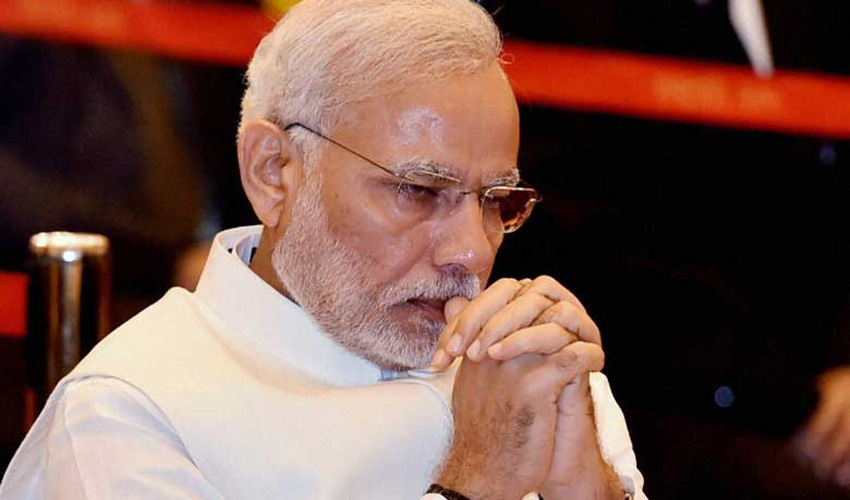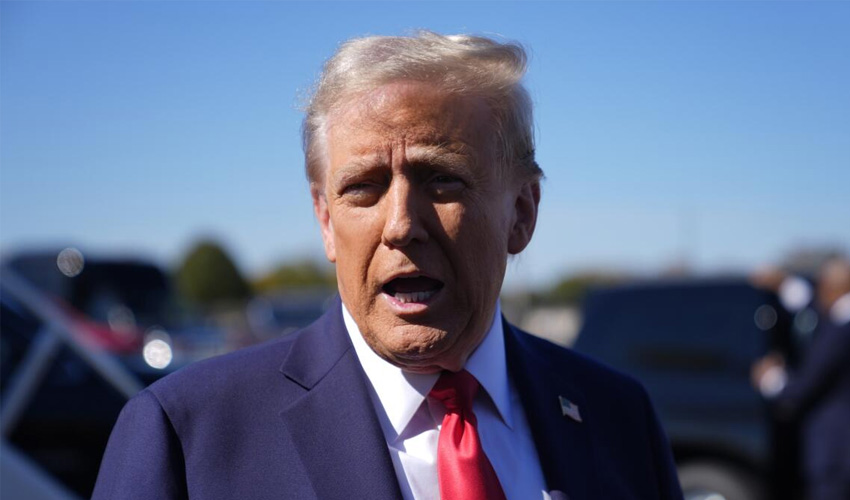The Indian government has announced plans to introduce 40 new amendments to the Waqf Act, a move that has generated significant debate among religious and political circles. Home Minister Amit Shah recently stated that the Waqf Act Amendment Bill 2024 would soon be presented in Parliament for approval.
The Waqf Act governs the management of properties donated by affluent Muslims for charitable purposes, including mosques, educational institutions, and other religious sites. These properties are overseen by Muslim parliamentarians, state bar council members, and prominent religious scholars.
The proposed amendments have faced opposition from various quarters. The All India Muslim Personal Law Board spokesperson, Qasim Rasool Ilyas, criticized the bill, stating, "This bill is an attempt to seize Muslim Waqf property and an attack on the Indian Constitution."
Similarly, the Ameer of Jamaat-e-Islami Hind expressed concerns that the amendments could potentially allow the government to control Waqf properties. The Deputy Ameer of the All India Muslim Personal Law Board pointed out that the bill proposes including non-Muslims in the board and suggests giving full authority to the Collector.
Critics argue that the amendments could impact the management of special Muslim properties such as mosques, madrasas, and shrines. Some also claim that the bill might affect properties left behind by Muslims who migrated to Pakistan during the partition of the subcontinent.
The government initially shared details of the proposed amendments through media channels before presenting them in the Lok Sabha, which drew criticism from opposition parties. Subsequently, the bill was formally introduced in the lower house of Parliament.
As the debate continues, human rights organizations in India have also voiced their concerns about the potential implications of the proposed changes to the Waqf Act.



























